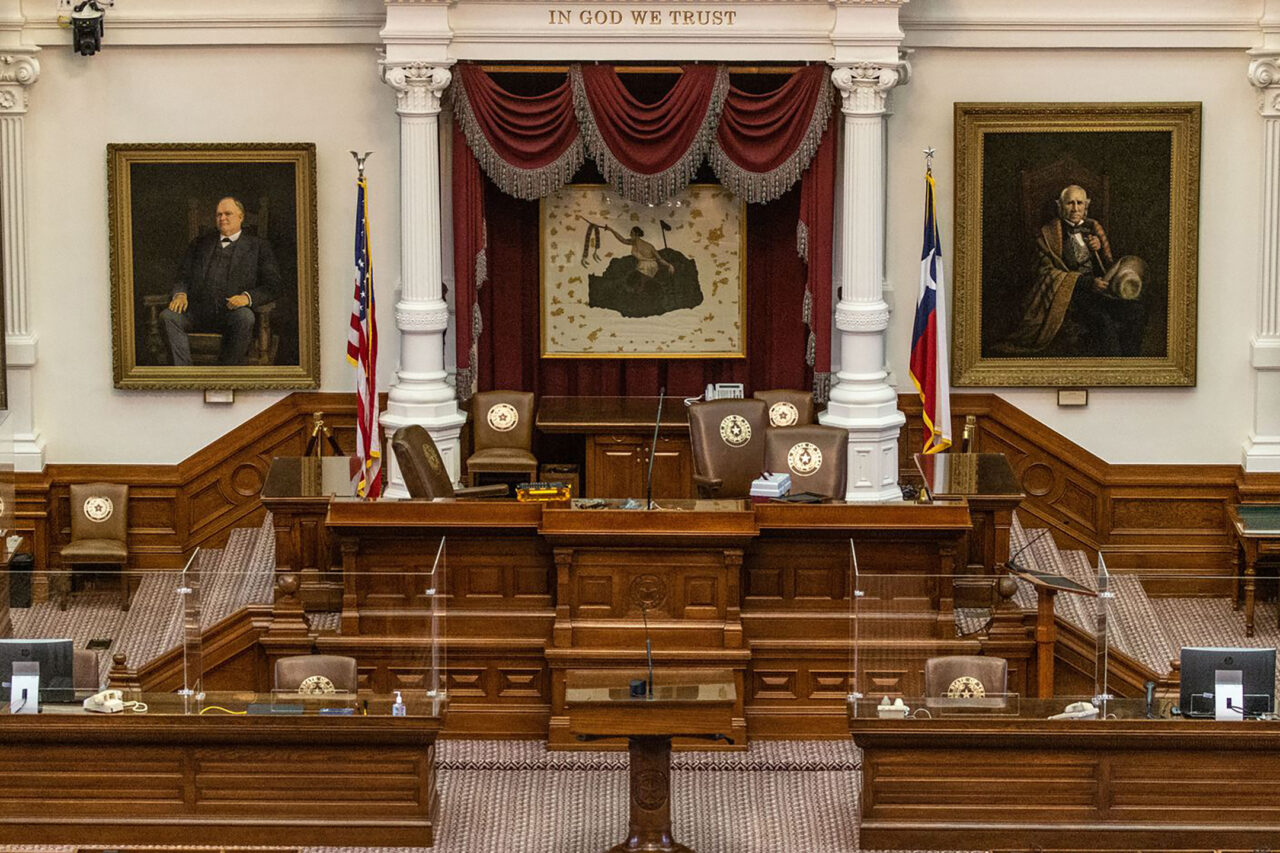
 BY Allison Shelton and Colleen Byrom, Brown & Fortunato, P.C.
BY Allison Shelton and Colleen Byrom, Brown & Fortunato, P.C.
On May 31, 2021, the regular session of the 87th Texas Legislature concluded after beginning on January 12, 2021. After months of committee meetings, deliberations, and votes the Legislature passed a total of 1,073 bills. A significant number of these bills will have a direct impact on physicians, hospitals, and other providers within the health care industry.
For example, HB 3459 introduced a “gold card” process for hospitals, physicians, and other providers subject to preauthorization requirements by health maintenance organizations and preferred provider plans. Under this bill, providers may qualify for an exemption from such preauthorization requirements for a one-year period (i.e., the “gold card”). Providers qualify for the exemption if in the preceding six months they had at least ninety percent of their preauthorization requests approved by the third-party payors. The bill addresses concern that preauthorization requirements are overly burdensome and may prevent patients from receiving proper medical care. While the bill will apply to many insurers and HMOs in Texas, the bill excludes the Texas Medicaid program, Medicaid Managed Care programs, CHIP, and any health benefit plan not regulated by the Texas Department of Insurance. The bill will go into effect on September 1, 2021.
Another significant bill that passed is SB 1137 which aligns with the Hospital Price Transparency Rule implemented by the Centers for Medicare and Medicaid Services (“CMS”) on January 1, 2021. The Hospital Price Transparency Rule requires hospitals to publish on publicly available websites the hospital’s regular rates for items, services, and service packages that could be provided by the hospital during an inpatient admission or outpatient visit. In response, the Texas Legislature passed SB 1137 to align with the federal rule. Like CMS’s rule, SB 1137 requires hospitals to make public their list of charges for certain items and services. Further, the bill requires Texas hospitals to submit their updated charge lists to the Texas Health and Human Services Commission (“HHSC”). And under the bill, HHSC has the authority to take certain actions, including assessing administrative penalties, against non-compliant hospitals.
In addition to the bills listed above, the 87th Legislature unsurprisingly passed several bills related to the COVID-19 public health emergency.
For example, HB 4 makes permanent some of the telemedicine and telehealth waivers that HHSC implemented during the pandemic. The bill requires HHSC to make telemedicine available to Medicaid/CHIP recipients for the following services: preventative health and wellness services; case management services; behavioral health services; occupational, physical, and speech therapy services; nutritional counseling services; and assessment services. HB 4 also requires HHSC to ensure that behavioral health services may be provided through audio-only technology for Medicaid recipients. This bill became effective on June 15, 2021.
HB 2211 is a bill that directly affects hospitals in the midst of a public health emergency. During the COVID-19 pandemic, many hospitals restricted patient visitations. HB 2211 amends the Health and Safety Code to prohibit hospitals from restricting in-person visitations during a qualifying period of disaster except under certain circumstances. During a disaster period, a hospital may restrict the number of visitors, require visitors to complete a health screening before entering the hospital, and require visitors to wear personal protective equipment while in the hospital. Further, hospitals may restrict in-person visitations if such restrictions are required by federal law or a federal agency. Additionally, hospitals may restrict visitations if the patient’s attending physician determines that the visitation may result in the transmission of an infectious agent that poses a serious risk to community health. Governor Abbot signed HB 2211 on June 15, 2021, and the bill will go into effect on September 1, 2021.
Finally, SB 809 relates to federal COVID-19 relief funds received by health care institutions. Usually, federal funds flow through or are identified during the state budgeting process. However, during the COVID-19 public health emergency, the federal government provided a significant amount of federal assistance directly to health care institutions. The purpose of SB 809 is to enable the state to quantify the total amount of federal assistance that Texas health care institutions received during the pandemic. The bill requires health care institutions, including hospitals, to report to HHSC the amount of federal funds received between January 31, 2020, and August 31, 2021. Excluded from this reporting requirement are any funds received from the Small Business Administration’s Paycheck Protection Program or any funds repaid to the federal government. This bill is set to take effect on September 1, 2021, and will expire on September 1, 2023.
The recent legislative session resulted in several new laws affecting hospitals and other providers, and there may be some additional laws on the horizon. Shortly after the conclusion of the regular legislative session, Governor Abbott announced that he will convene a special session on July 8, 2021. Administrators should review the recently passed bills and adjust current operations, policies, and procedures accordingly.


